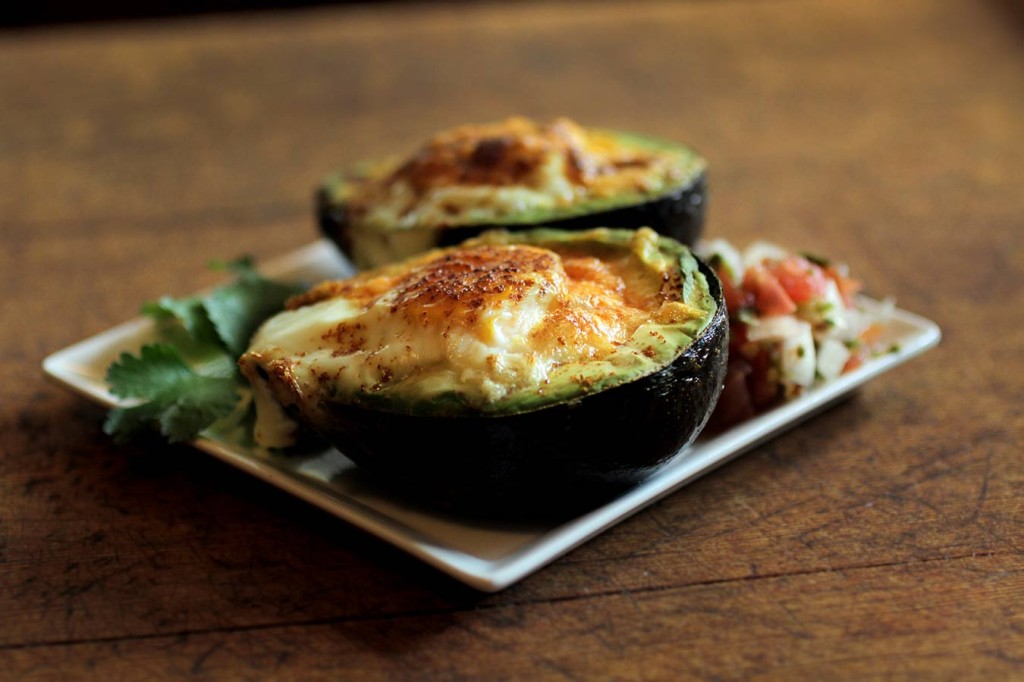In honor of Breast Cancer Awareness Month, I felt it important to share 7 important Cancer Fighting Foods. This information is compliments of Deepak Chopra.
Because we truly are what we eat, during times of challenge for the mind or body, nutrition is one of the most important factors that allow the body to heal. When we talk about cancer-fighting foods, we must consider three ways in which food helps our system defend itself:
1. Healthy Foods That Reduce Inflammation: Inflammation has been associated with many chronic diseases like atherosclerosis, arthritis, osteoporosis, Alzheimer’s disease, and many types of cancer. Nutrition is a powerful way to protect our cells from inflammation.
2. Healthy Foods That Prevent Cellular Damage: Antioxidants have a powerful effect on our immune system and help to prevent disease. They do this by fighting free radicals, which are a byproduct of normal cellular function but they can produce cellular and DNA damage when they accumulate. This occurs during times of stress to the body, like physiological change, emotional stress, and physical disease.
3. Detoxifying Foods: These foods help the body’s natural detox organs to eliminate toxins and residue.
Phytonutrients = The Magic Ingredient
The majority of nutrients that have anti-inflammatory, anti-oxidant, and detox properties are found in plants. Plant foods—like fruits and vegetables—contain macronutrients (complex carbohydrates, proteins, fats, and fiber,) and micronutrients (vitamins and minerals). But they are also packed with compounds known as phytonutrients. Simply put, phytonutrients are active compounds that benefit humans, particularly in the area of cancer prevention. Phytonutrients can lower the risk of cancer, the side effects of cancer treatments, and reduce other health risks and problems.
Phytonutrients provide plants with sensory characteristics such as their color, flavor, and smell, but they also protect plants from damage—this is why they’re so powerful. Most cancer-fighting foods have more than one phytonutrient, so their benefits are not limited to one area among the benefits of anti-inflammatory, anti-oxidant, or detoxifying.
Here are seven foods that have a powerful impact on fighting cancer.
Kale
Kale is rich in fiber, which helps improve digestion, and a healthy digestive system is key to maintaining whole health. Kale also contains iron that helps transport oxygen, enhance cell growth, and promote proper liver function.
The amount of vitamin K and omega-3 fatty acids in kale gives it anti-inflammatory properties: one cup/ day gives 10 percent of the RDA recommendation for omega-3 fatty acids. It has vitamin A and calcium—even more than milk—so it helps prevent osteoporosis (which can be a side effect of some anti-cancer treatments).
It’s also considered a detox food because of its content of fiber and sulfur. Sulfur is an important part of many liver enzymes that help eliminate toxins or drugs.
Papaya
Papaya fruit has a high content of vitamins C, E, and beta-carotene, which are potent antioxidants. It also contains a protein-digesting enzyme called papain, so it enhances digestion, which can be impacted during treatment.
Berries
Berries are packed with polyphenols like tannic acid and ellagitannin, which stimulate the elimination of carcinogens and inhibit cancer growth. Blueberries have one of the highest antioxidant capacities among all fruits. They have favanols, anthocyanins, and hydroxycinnamic acids, as well as other phytonutrients like resveratrol; all are very potent anti-oxidants.
Plus, berries are easy to consume—add them to whole grain cereal, smoothies, or yogurt.
Whole Grains
Whole grains—like quinoa and oats—provide fiber, vitamins, and minerals that help prevent cardiovascular disease. But recent research shows that their content of phytonutrients give them the capacity to prevent some types of cancer. They contain ferulic and ellagic acids; these are anti-oxidants that block free radicals, but can also protect cells from radiation damage.
Green Tea
Green tea has many health benefits that researchers believe are related to the phytochemicals it contains. Of these phytochemicals, the catechins are the most studied in cancer patients. Catechins are also found in other fruits like apples, grapes, and avocadoes. The benefits of green tea include the reduction of vascular neo-formation, a phenomenon necessary for the reproduction of cancer cells. It contains potent antioxidants and is helpful to detoxify and assist the liver in eliminating toxins.
It’s important to notice that black tea is fermented, and this process partially eliminates the catechin content. Remember that a 10-minute infusion of green tea is necessary for the catechins to be liberated.
Cruciferous Vegetables (Broccoli, Brussel Sprouts, Cauliflower)
Cruciferous veggies have anti-cancer properties because of their content of phytonutrients like sulforaphane, flavonols, and kaempherol, all, which reduce oxidative stress (cellular damage due to free radicals and peroxides). Broccoli also contains vitamin C, which is a potent anti-oxidant.
Tomatoes
The lycopene content in tomatoes has been associated with increased survival rates in prostatic cancer patients, and a decreased risk of suffering from this type of cancer. Lycopene is a potent antioxidant, but tomatoes also have a group of compounds called “ the red family” and the combined action of all these contents, make them efficient in preventing cancer.
Other foods that have been found to fight cancer include olives and olive oil, turmeric, ginger, mushrooms, dark chocolate, and red wine.
The American Institute for Cancer Research states that no food in isolation can effectively lower cancer risk. So the best advice is to eat a variety of plant foods daily—including those on this list—to ensure the most protection against cancer.




